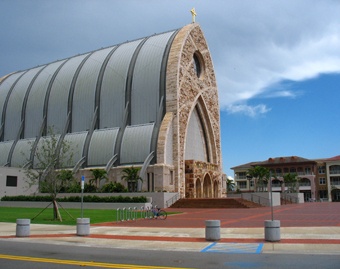
Ave Maria University, a Catholic liberal arts university in Florida, is opening a new campus at a former monastery in rural Ireland. Learn more in this Catholic education news roundup.
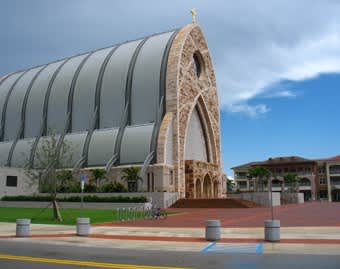

Ave Maria University, a Catholic liberal arts university in Florida, is opening a new campus at a former monastery in rural Ireland. Learn more in this Catholic education news roundup.


| Picture of the day |
|---|

|
|
Leopard (Panthera pardus pardus) young female in Kruger National Park, South Africa.
|
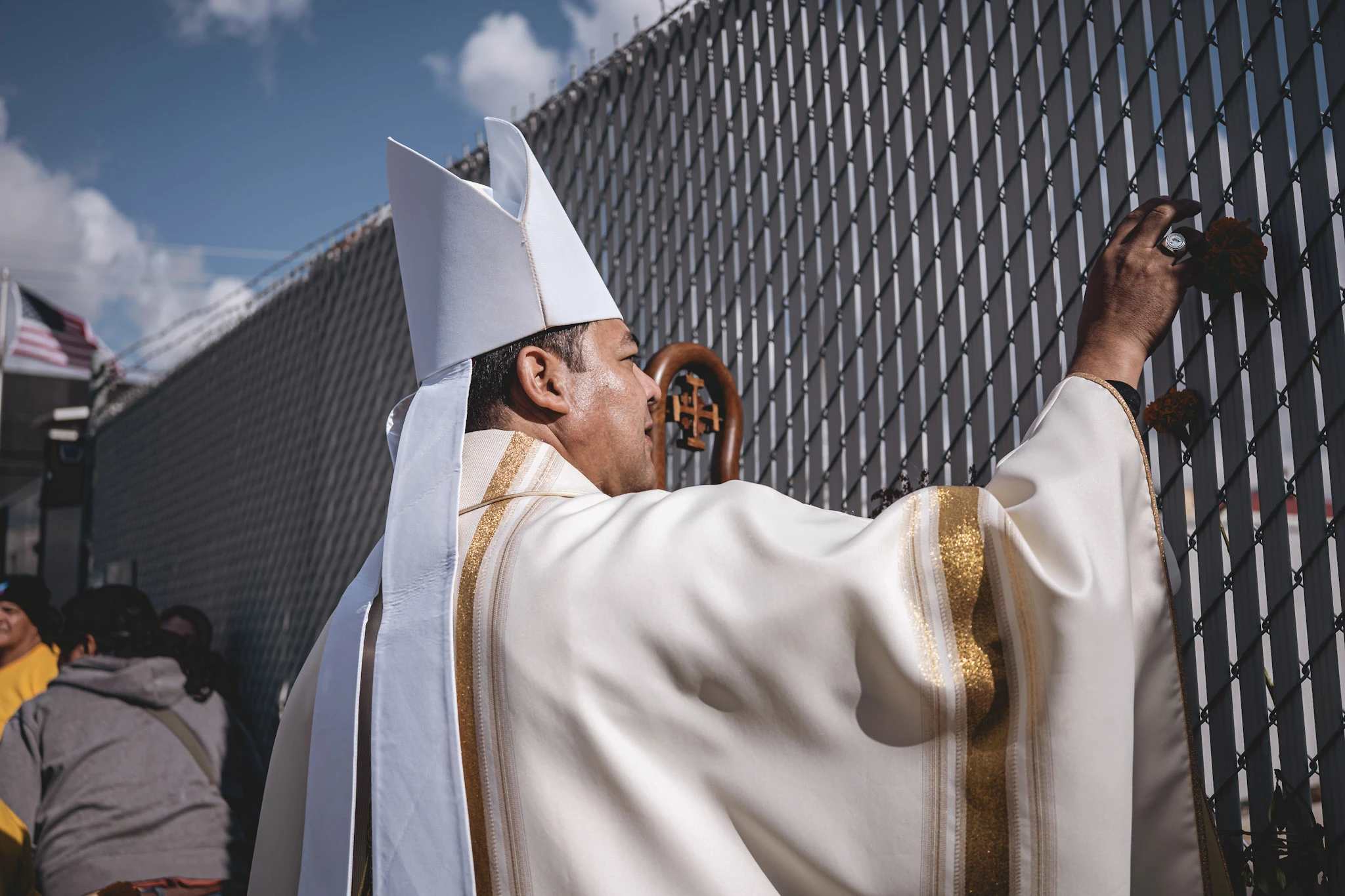
Clergy had argued they “have lost their own religious freedom, by blanket denial of any opportunity to provide spiritual consolation.”
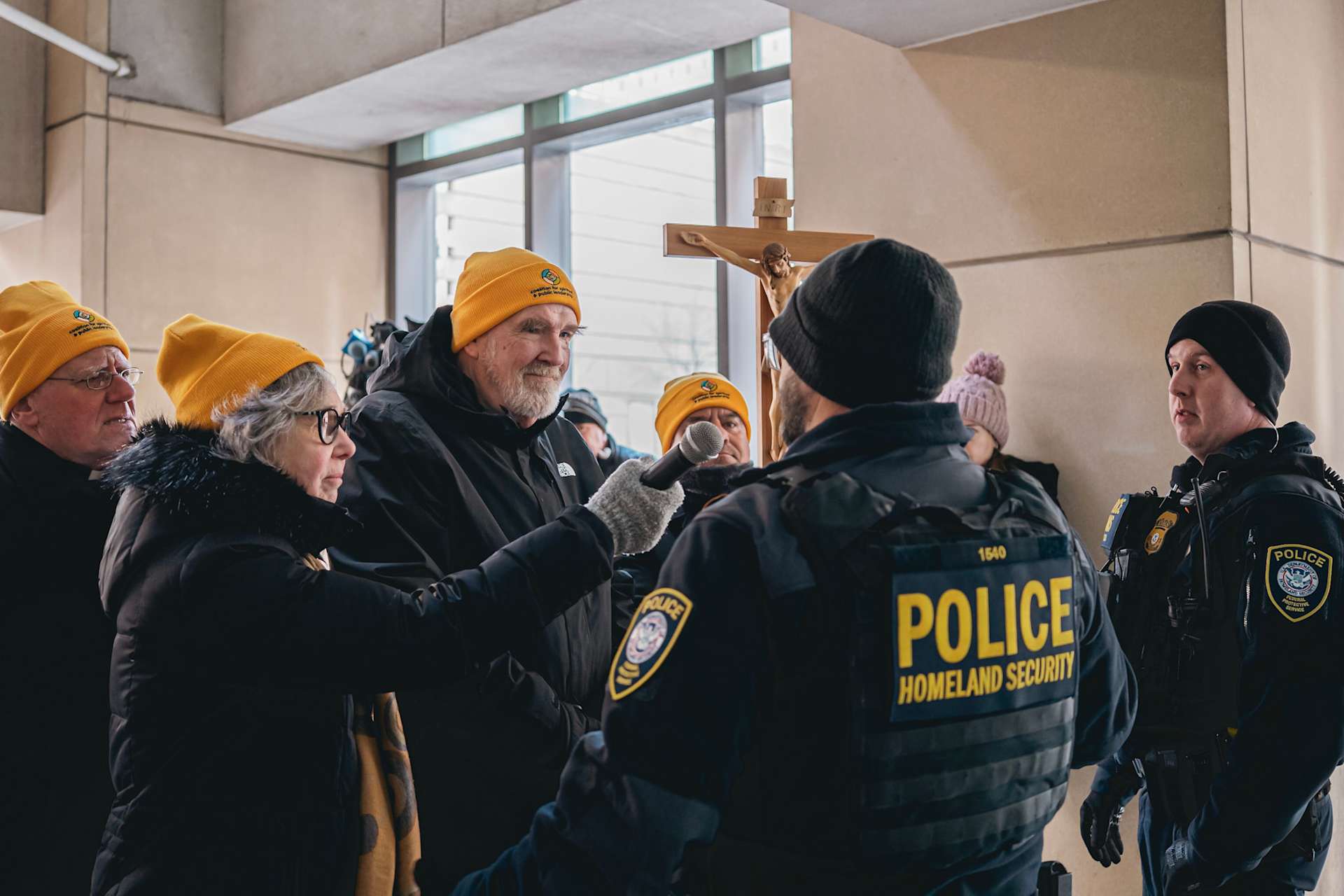
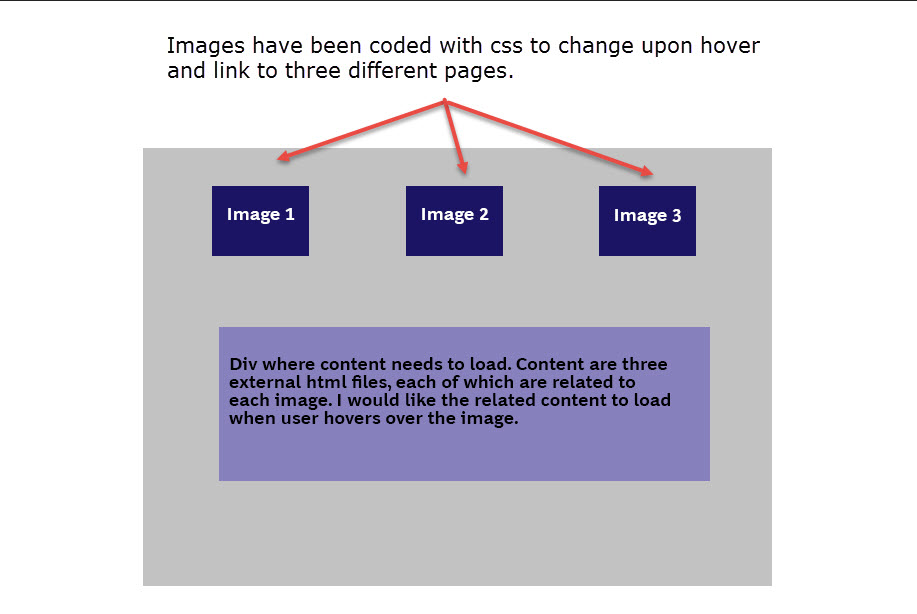
| Picture of the day |
|---|

|
|
Lake Baikal in winter. Ice ridges near Olkhon island in Pribaikalsky National Park.
|



| Picture of the day |
|---|

|
|
Wild red-chested cuckoo (Cuculus solitarius) at Kibale Forest National Park, Uganda
|


| Picture of the day |
|---|

|
|
A macro shot of a red-and-green macaw’s (Ara chloropterus) eye, Serra da Capivara National Park, Piauí state, Brazil.
|

| Picture of the day |
|---|

|
|
Two chestnut-tailed starlings (Sturnia malabarica) kissing while perched on a branch in Satchari National Park, Bangladesh
|

| Picture of the day |
|---|

|
|
A red squirrel (Sciurus vulgaris) eating a nut in Bednarski Park (Kraków, Poland).
|

| Picture of the day |
|---|

|
|
Coney (Cephalopholis fulva) camouflaged on a rock, Fernando de Noronha Marine National Park, Pernambuco, Brazil
|

| Picture of the day |
|---|

|
|
Painted stork (Mycteria leucocephala) catching a fish in Yala National Park, Sri Lanka.
|

| Picture of the day |
|---|

|
|
Loggerhead sea turtle (Caretta caretta) with diver in the background, Fernando de Noronha Marine National Park, Pernambuco, Brazil
|

| Picture of the day |
|---|

|
|
Crested hawk-eagle (Nisaetus cirrhatus ceylanensis) feeding on an egret in Bundala National Park, Sri Lanka.
|

| Picture of the day |
|---|

|
|
A Formula One car Cooper T53, built in 1961 by the by British motorsport team Cooper for sales. The picture was taken in 2023, during a historic race at Donington Park, England.
|


| Picture of the day |
|---|

|
|
Male lion (Panthera leo) in Maasai Mara National Park. The Leo astrological sign ends at this time of year.
|

| Picture of the day |
|---|

|
|
Common yellow gilder (Cymothoe egesta), Kakum National Park, Ghana. Feeding on overripe banana
|

| Picture of the day |
|---|

|
|
Winter Angelus Hut with Angelus Lake behind it. In the clouds, no name peak (1860m) can be seen. Picture taken during the sunset. Nelson Lakes National Park, New Zealand
|

| Picture of the day |
|---|

|
|
An Airstream Safari trailer in Joshua Tree National Park at dusk. Airstream founder Wally Byam died on this day in 1962.
|

| Picture of the day |
|---|

|
|
Leopard (Panthera pardus pardus), Kruger National Park, South Africa. Identified as Tatiana, female, six years old.
|

| Picture of the day |
|---|

|
|
Portrait of the wild lion (Panthera leo) Tryggve, son of C-Boy, in the Serengeti National Park, Tanzania
|